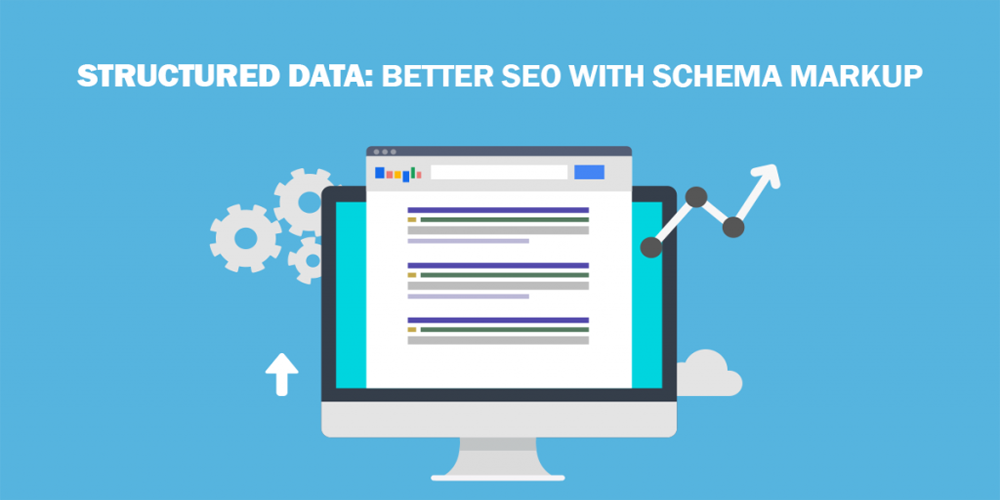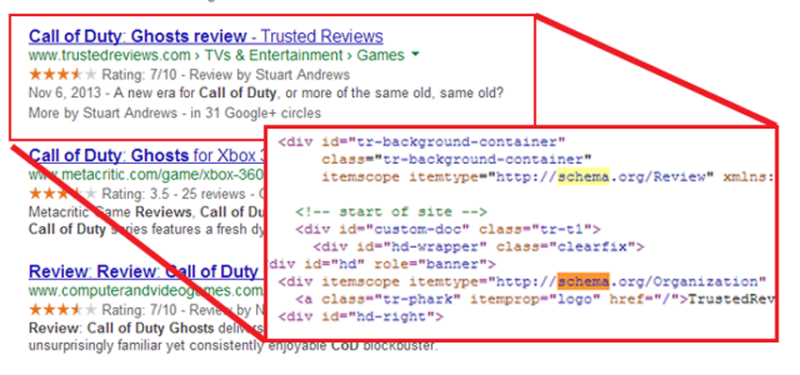
Structured Data — What It Is and the Benefits It Can Deliver
Structured data is code in a specific format, written in such a way that search engines understand it. Search engines read the code and use it to display search results in a specific and much richer way. Schema markup is a powerful but underutilised code that you can add to the HTML on your site to improve the way that search engines read and represent the page in Search Engine Results Pages (SERPs).
A collaboration between the major search engines (Google, Bing, Yandex, and Yahoo!), schema markup helps you provide relevant and useful information to deliver the best (and most informative) search results for your pages.
Schema.org is the result of this collaboration and can be defined as an agreed-upon set of code markers that instruct search engines how to read the data on your website. Schema markup not only tells search engines what the content means, it also provides context.
This is essential for showing users the most relevant results for the keywords in their search queries and the intent behind that query. Google, more so than other search engines, has become phenomenally adept at displaying search results that match user intent.
Schema Types
There are a number of different schema types that you can use to improve your presence in SERPs, including:
> Local business
> Organization
> Articles
> Events
> Products
> Restaurants
> Web Page
> Blog Post
You can use as many schemas as you like to improve your SERP presence, but only one of each schema type. For example, you can add both a Local Business and an Organization schema to your website, but not two Local Business schemas.
What can it deliver?
Schema markup can deliver a variety of ‘rich snippets’ in SERPs, such as knowledge graph cards, enhanced snippets, review snippets and rich cards. These eye-catching features help your listing to stand out from the competition and provide searchers with more relevant and useful information. While schema markup doesn’t directly influence search rankings (at this point in time), it can influence rankings indirectly by increasing click-through rates and lowering bounce rates, which sends positive signals to search engines.
Even if these benefits don’t help with search rankings, increasing your click-through rate and lowering your bounce rate are still big wins. After all, you’re sending more people through to your website and those that you send through will generally stay there longer because the rich snippet informed them that your result was the one they’re looking for!

A featured snippet about Rich Snippets
So, what are rich snippets? Rich snippets are essentially enhanced search results that deliver more information than the basic information usually provided in SERPs (URL, meta title, meta description, etc.).
This may include additional information about your business, such as contact details, operating hours, location, reviews and star rating, products, services and more. By adding this information to your website’s HTML in the form of schema markup, Google can then present these details as rich snippets, but there’s no guarantee that it will. Just as there’s no guarantee that Google will show your meta description instead of a snippet of the page content.
To read more about structured data and why you should implement it, visit the article posted on the ahrefs blog by clicking on this link.






